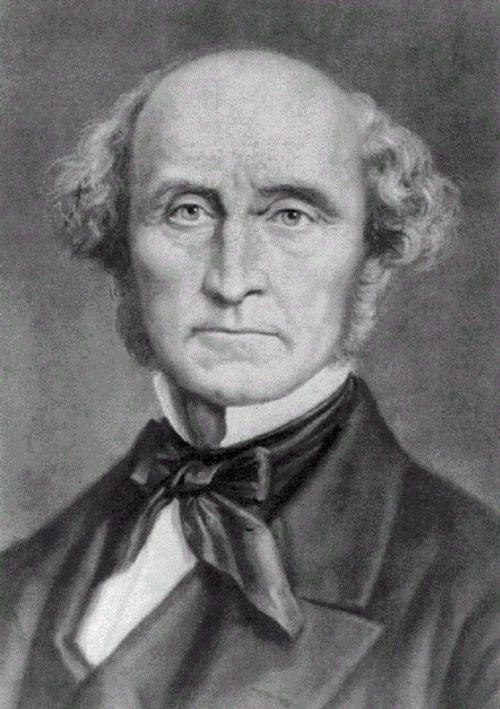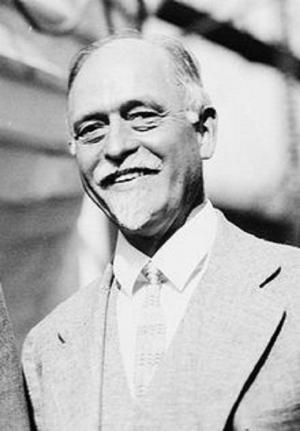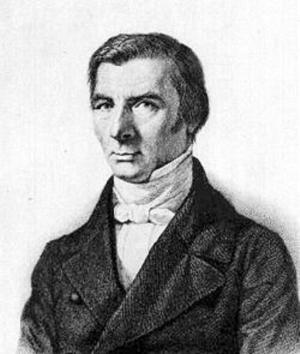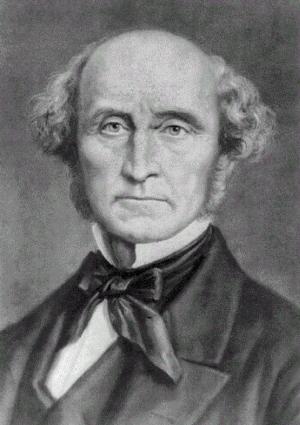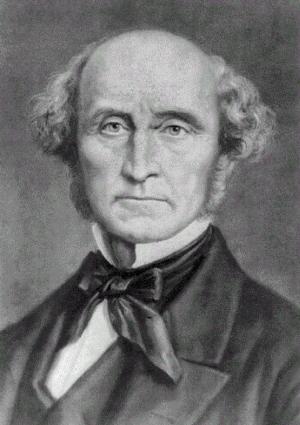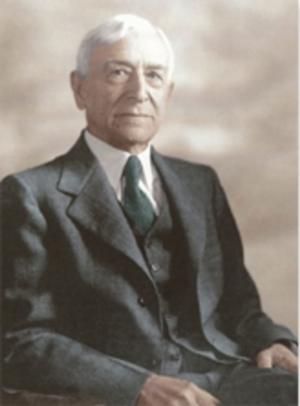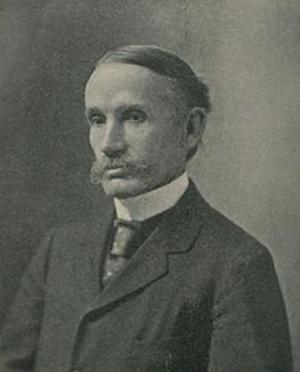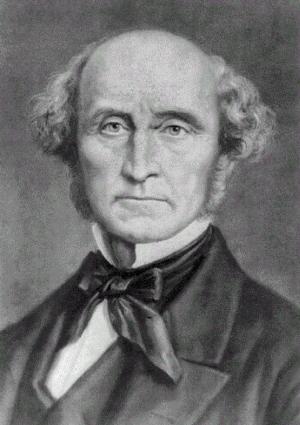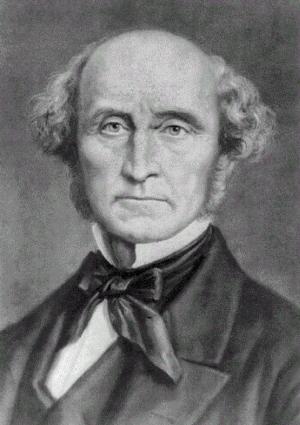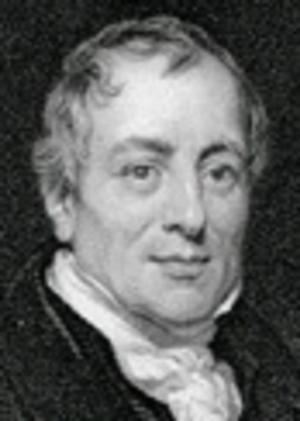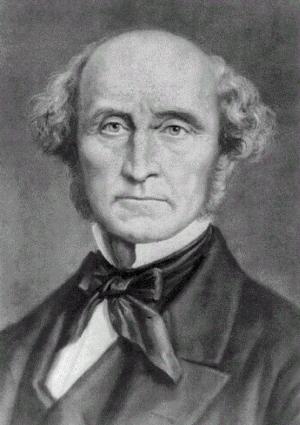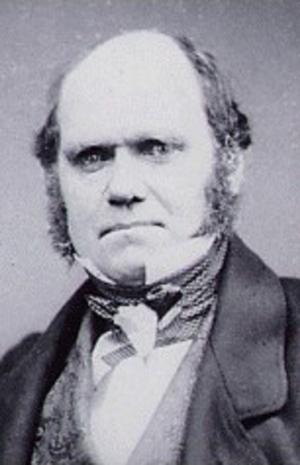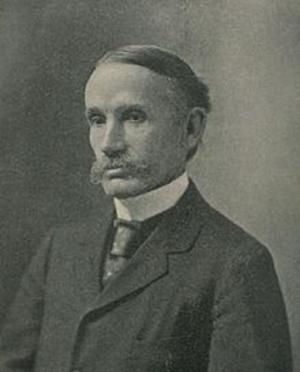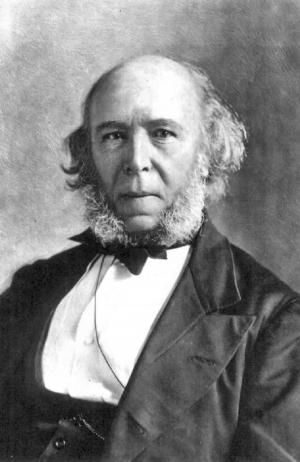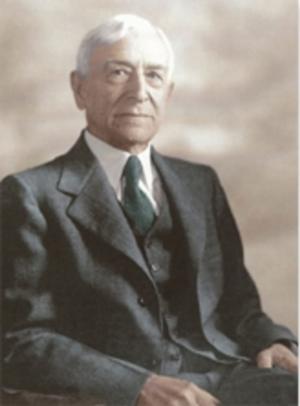The Nature, Origin, and Progress of Rent (Illustrated)
Business & Finance, Economics, Macroeconomics, Theory of Economics| Author: | John Mill | ISBN: | 1230000275139 |
| Publisher: | AS Team | Publication: | October 19, 2014 |
| Imprint: | Language: | English |
| Author: | John Mill |
| ISBN: | 1230000275139 |
| Publisher: | AS Team |
| Publication: | October 19, 2014 |
| Imprint: | |
| Language: | English |
The book has an active table of contents for easy access to each chapter.
John Stuart Mill said about the property as the follows:
“The ordinary progress of a society which increases in wealth, is at all times tending to augment the incomes of landlords; to give them both a greater amount and a greater proportion of the wealth of the community, independently of any trouble or outlay incurred by themselves. They grow richer, as it were in their sleep, without working, risking, or economizing. What claim have they, on the general principle of social justice, to this accession of riches? In what would they have been wronged if society had, from the beginning, reserved the right of taxing the spontaneous increase of rent, to the highest amount required by financial exigencies?”
John Mill’s view about rent strongly influenced Henry George who completed his great work Progress and Poverty. Henry George said the following about property:
“Quite as fallacious is the idea that all property should be equally taxed, because equally protected. The fact is that all property is not equally protected, cannot be equally protected, and ought not to be equally protected, if by protection anything more is meant than the mere preservation of the peace. The protection of property is not the end, it is only one of the incidents, of government. As John Stuart Mill says: The ends of government are as comprehensive as those of the social union. They consist of all the good and all the immunity from evil which the existence of government can be made, either directly or indirectly, to bestow.”
John Mill further explored the rent theory by Adam Smith in the Wealth of Nations and he looked into the economic and political aspect of the nature, origin, and progress of rent through this essay. He used the essay to argue that “it was left to subsequent inquirers to ascertain the causes of rent, the laws which determine its amount, and the manner in which it is affected by the progress of society.”
John Mill is known as one of the founders of economics. This is a must-read book for people who are interested in the deepest thoughts about the nature, origin, and progress of rent by John Mill, one of the greatest thinkers on the planet.
The book has an active table of contents for easy access to each chapter.
John Stuart Mill said about the property as the follows:
“The ordinary progress of a society which increases in wealth, is at all times tending to augment the incomes of landlords; to give them both a greater amount and a greater proportion of the wealth of the community, independently of any trouble or outlay incurred by themselves. They grow richer, as it were in their sleep, without working, risking, or economizing. What claim have they, on the general principle of social justice, to this accession of riches? In what would they have been wronged if society had, from the beginning, reserved the right of taxing the spontaneous increase of rent, to the highest amount required by financial exigencies?”
John Mill’s view about rent strongly influenced Henry George who completed his great work Progress and Poverty. Henry George said the following about property:
“Quite as fallacious is the idea that all property should be equally taxed, because equally protected. The fact is that all property is not equally protected, cannot be equally protected, and ought not to be equally protected, if by protection anything more is meant than the mere preservation of the peace. The protection of property is not the end, it is only one of the incidents, of government. As John Stuart Mill says: The ends of government are as comprehensive as those of the social union. They consist of all the good and all the immunity from evil which the existence of government can be made, either directly or indirectly, to bestow.”
John Mill further explored the rent theory by Adam Smith in the Wealth of Nations and he looked into the economic and political aspect of the nature, origin, and progress of rent through this essay. He used the essay to argue that “it was left to subsequent inquirers to ascertain the causes of rent, the laws which determine its amount, and the manner in which it is affected by the progress of society.”
John Mill is known as one of the founders of economics. This is a must-read book for people who are interested in the deepest thoughts about the nature, origin, and progress of rent by John Mill, one of the greatest thinkers on the planet.
